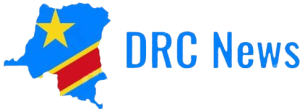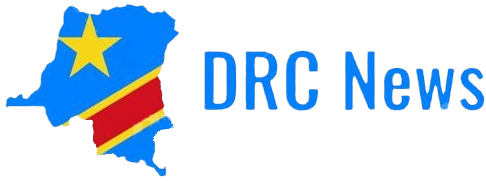The ongoing political instability and armed conflicts in the DRC have devastated food production and distribution systems. Displacement of people, destruction of infrastructure, and disruption of agricultural activities have led to widespread food shortages and increased vulnerability to hunger, with 1.5 million people in emergency levels of food insecurity.
The constant threat of violence hampers farmers’ ability to cultivate their lands, resulting in reduced crop yields and limited market access. Today, DRC is the largest food crisis in the world, with 25.8 million people who are food insecure. Some 6.7 million food-insecure people reside in Ituri, North Kivu, and South Kivu – equaling 44% of the province’s population.
Some 6.3 million people are internally displaced in the country. Of this, approximately 6 million are within the three eastern provinces. The conflict in eastern DRC is an interlinked crisis, affecting food insecurity, malnutrition, health, education, access to clean water and shelter. Malnutrition affects 4.4 million people, while lack of access to essential services has further compounded the protection of civilians and fueled gender-based violence. With each passing day, the situation in the eastern region of the Democratic Republic of the Congo continues to put the lives of women and children at risk.
“In my conversations with those displaced in Eastern DRC, I was struck by their strength in the face of adversity. Their challenges, such as the daily struggle to secure enough food and the additional dangers women face when seeking sustenance, are deeply concerning. It’s evident that the assistance we provide, though impactful, must be reinforced to ensure their well-being.”
Funding has almost dried up; WFP operational requirements are at stake. WFP has received limited funding. Notably, in July, WFP provided assistance to some 1.2 million people. However, without additional funding, it’s unlikely more people risk not receiving that we will even approach half of our intended target.
WFP requires US$ 728 million for its response efforts in the eastern region. Regrettably, we face a staggering funding gap of US$ 567 million, equivalent to 78 percent of the required funds for the next six months.
Flexible funding has enabled WFP to procure vital complementary food commodities such as pulses, oil, and salt, ensuring a comprehensive nutritional approach. However, the stark reality is that our operations hang in the balance and are at a critical juncture.
The situation in the eastern Democratic Republic of the Congo demands our immediate attention. Lives are at stake, and the cost of inaction has untold consequences for the people. The DRC needs our immediate attention and support to prevent a humanitarian catastrophe. We ask governments, donors, and humanitarian partners to stand with us in this time of need.
CREDIT: UNITED NATIONS WORLD FOOD PROGRAMME


